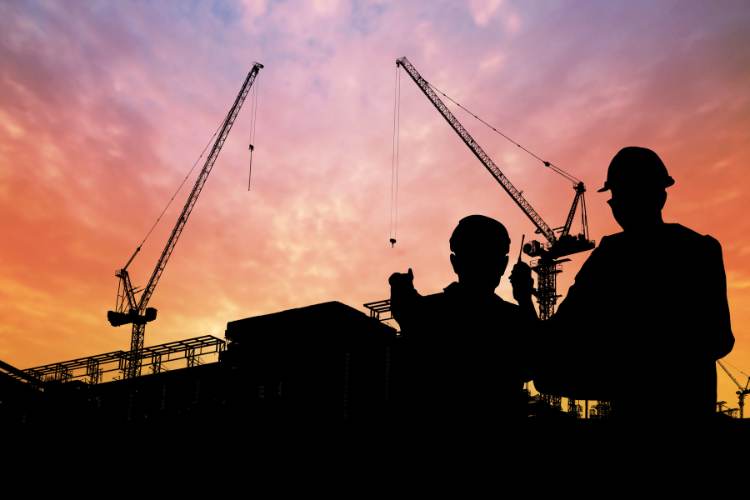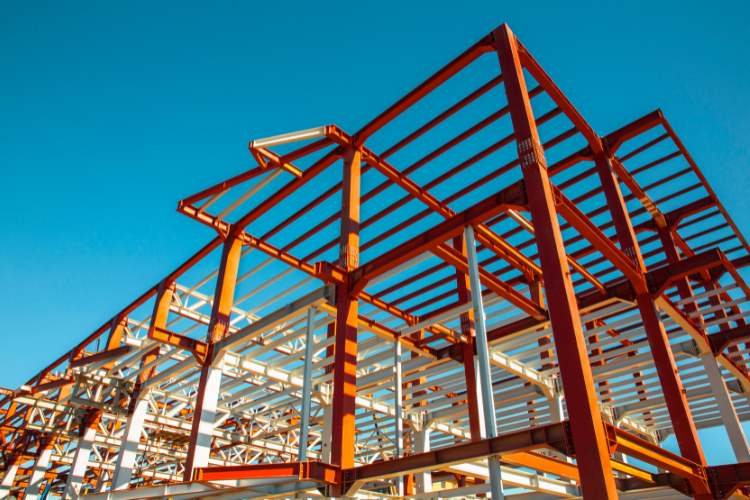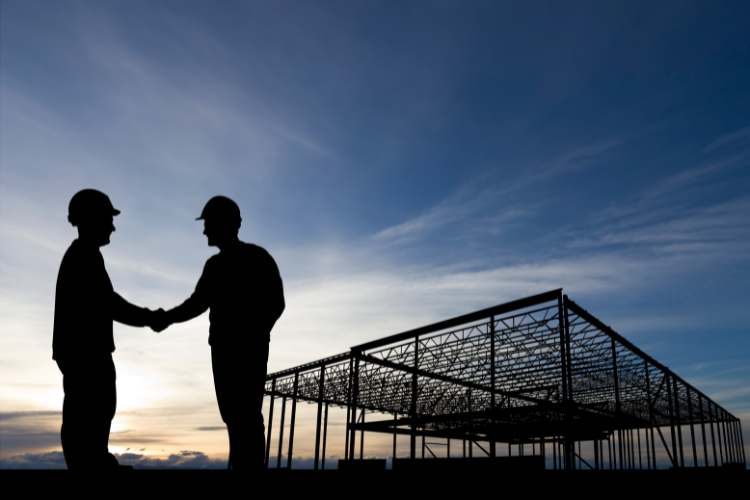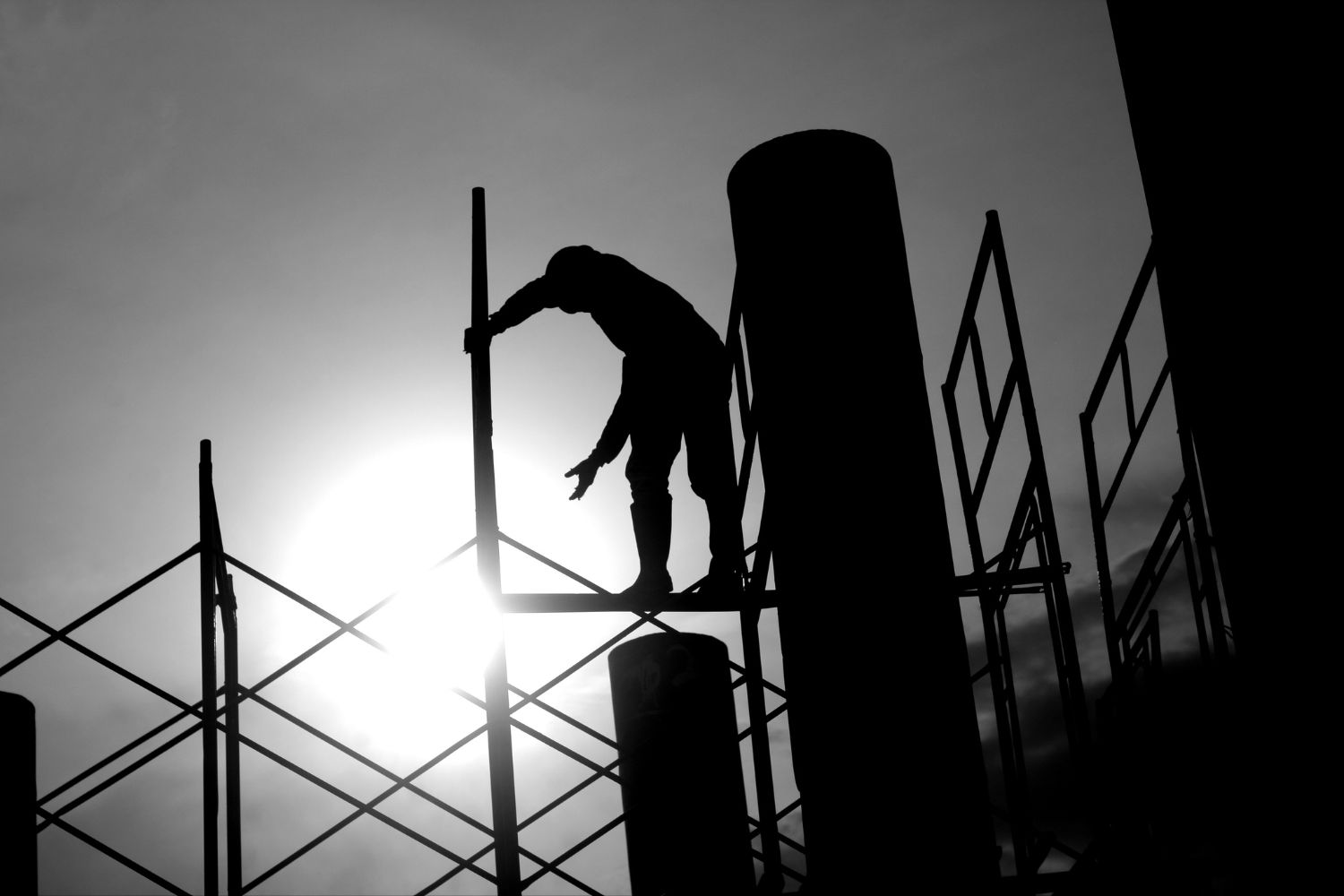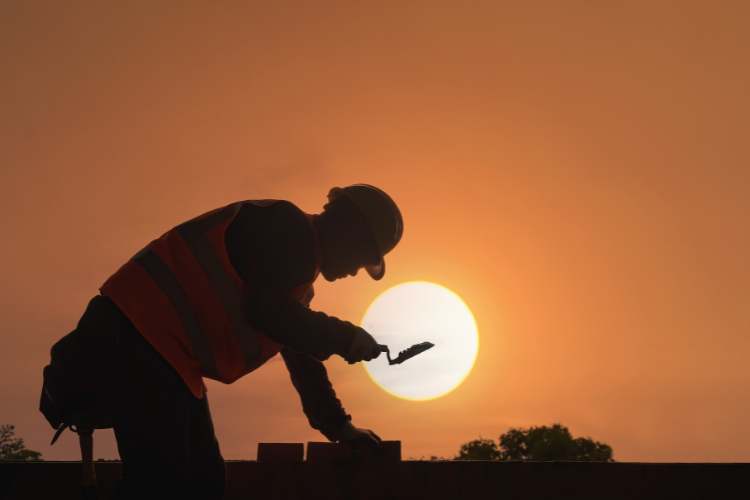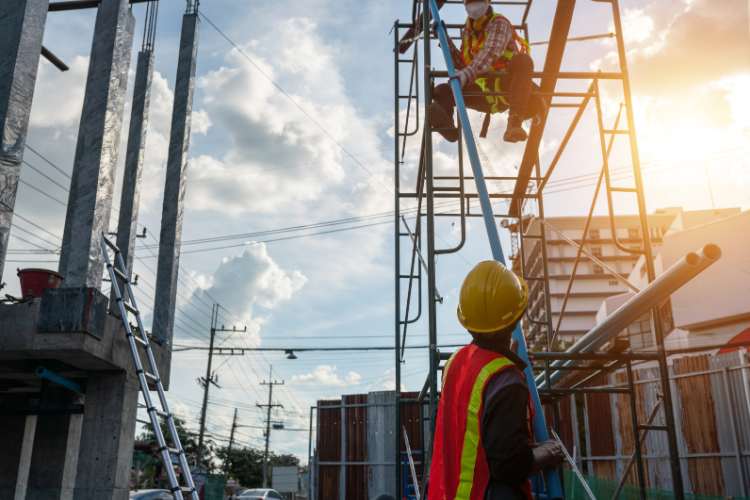Prior to the coronavirus outbreak, construction of all types was on the rise throughout the world. Offsite and site builders had signed contracts, ordered materials, and laid out schedules to begin everything from affordable housing to huge commercial and industrial projects.
But all that came to a grinding halt when COVID-19 drove country after country to issue stay-at-home orders, halt non-essential business, and shut down much of their economies.
In states where construction is considered essential, business now looks different. The coronavirus forced construction companies to fast-track innovation through remote work policies, Zoom conferences, and online tools that enable digital collaboration.
Eventually, the pandemic will pass — but the coronavirus’ impact on construction will last far into the future. The pace of change driven by COVID-19 will only continue when the construction industry gets back to work. Here’s a look at the continued changes you can expect in the post-COVID-19 world:
Increased Automation
Prior to the coronavirus outbreak, builders and developers were already struggling with a shortage of skilled workers, and once the crisis subsides, the jobsite labor pool will likely continue to dwindle. As a result, automation in all phases of construction — even areas many thought were automation-proof — will be a top priority.
Drones, for example, can efficiently conduct site inspections and minimize the number of inspectors required on-site. Increasingly, companies have also started to take advantage of emerging 3D printing technology, which has already been used to automate the construction of projects from houses to footbridges.
Growth of Off-Site Construction Methods
As automation increases, you will likely also see growth in off-site construction methods, including panelization and modular construction. These methods allow major portions of a project to be completed off-site and delivered from centralized factories. That can drive cost predictability and efficiency, which will be especially important as builders, developers, and construction firms aim to recover from any lost business or projects during the coronavirus pandemic.
A Push for Local Manufacturing
Currently, nearly 30 percent of U.S. building product imports come from China, making it the single largest supplier to the U.S. However, the coronavirus has impacted manufacturing facilities worldwide, causing China’s manufacturing output to decline. The U.S. will likely see higher costs — and potentially a lower or delayed supply — of materials from China.
As companies seek alternatives, there will likely be a renewed push to “Buy American” — to both avoid the higher costs of materials from overseas and to ensure a closer proximity to the source of those materials.
An Overhaul of Financing Projects
In the wake of the coronavirus, interest rates have dropped. But rather than seeing this as an opportunity to take on new projects, lenders may become extra cautious, especially with anticipated material delays. As a result, some predict that financing may temporarily dry up for new projects.
With this in mind, builders and developers must have a plan to ensure they are never caught with delays in payment or defaulted contracts. They must also have resources identified to prevent shortages in case a supplier doesn’t have the necessary materials.
Even after the pandemic passes, you will continue to see the coronavirus’s impact on construction — but Billd can help you adapt. With Billd, you can avoid uncertain lenders and allow for more time to finish projects. Billd’s 120-day flexible payment terms can give you time to get the materials you need, even during these uncertain times.
Get in touch to see how Billd can help as you embrace these changing times and look forward to the future of construction.


